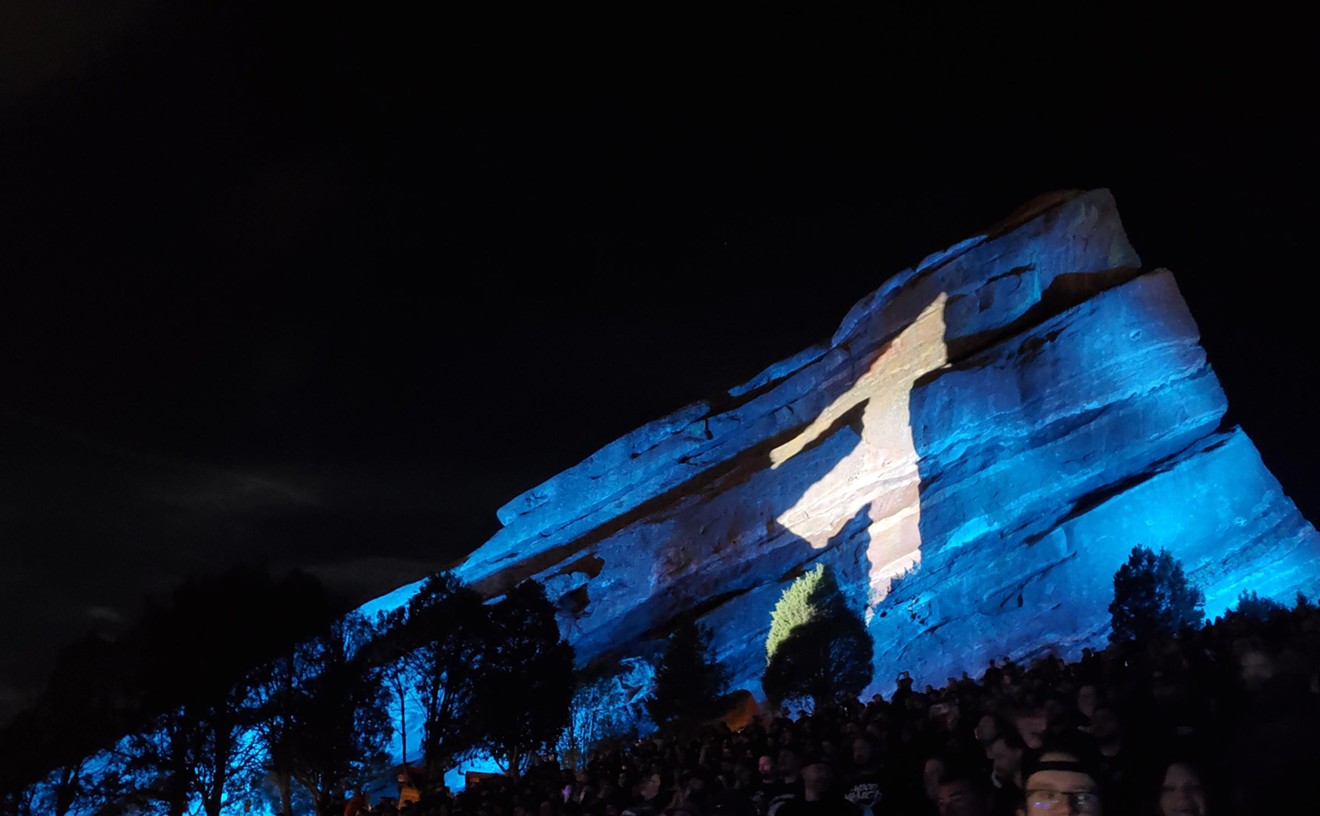Elin Palmer has spent a great deal of her career playing a supporting role, adding majestic violin textures to the music of some this town's most critically revered acts, including the Czars, 16 Horsepower, DeVotchKa, Wovenhand and Munly and the Lee Lewis Harlots, as well as performing and guesting on recordings by Eric Bachman and M. Ward.
Now, with the impending of release of her self-titled debut, the multi-instrumentalist — she's also highly proficient on cello and the nyckelharpa, a Swedish folk instrument that looks like a mutant violin-and-accordion hybrid and seems as challenging to play as it is to pronounce — is poised to take center stage.
We recently caught up with Palmer, a native of Värmland, Sweden, who essentially grew up in Denver, having moved here with her mother and stepfather when she was four. We asked her about her new record and about working with Bob Ferbrache (who's producing the platter), and how it feels to pursue music on her own.
Westword: What's it like to be at the forefront, helming your own project?
Elin Palmer: It's fun. I like it. It's a lot more work. I like collaborating more, but it's also more rewarding in the long run to be working on my own stuff. It's just different.
How so?
As far as collaborating and adding to somebody else's music, I guess there's an exchange of musical ideas. And just doing my own thing is more challenging because I don't have someone to bounce ideas off of as much. So I just have to create it and hope that it's what I want to be created.
The nyckelharpa is a unique instrument, and it's interesting to hear how you've incorporated it into your sound. When did you start playing?
I started playing nyckelharpa when I was nine. It's kind of a rare instrument. It's from one specific region in Sweden called Upland. It actually predates the violin. I just became interested in it when I saw someone playing it and borrowed one and starting messing around with it because I like the tones that are created on it.
Tell me about the new record and the new songs you've been working on.
Actually, these songs are really old now, and I'm very sick of them, but finally, the record is going to come out, which is great. I've been working with Bob [Ferbrache] for about a year, just kind of slowly putting stuff together. I really wrote the songs, like, over a year ago. And then we've spent time recording them and getting all the instrumentation right and having different people over. Bob's been a huge support, coming up with ideas and adding things.
What specifically has he added?
Just ideas and, like, for example, he uses this cool thing that he came up with — it's called the Annabellatron. We'll record, for example, me singing a note, and then we'll do that with many different notes and then have them sustain, kind of like a mellotron, and then we can form chords through his keyboard using my voice. We use that as a layer on top of whatever we want to use it over.










